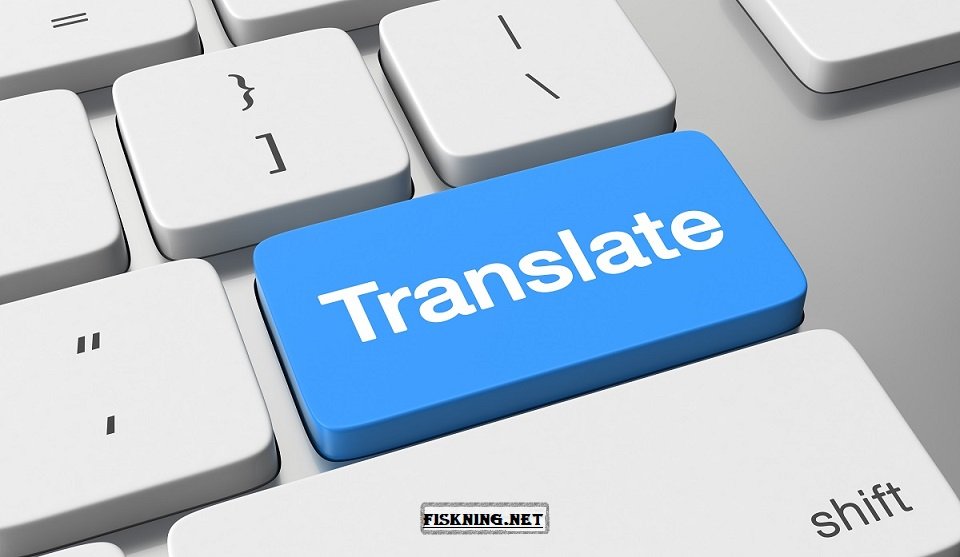In a world rife with diverse languages and rich cultural heritages, the word prekldača sparks curiosity. It is a term rooted in Slavic languages, primarily used in regions such as the Balkans. This blog post delves into the meaning, context, and implications of prekldača, illuminating its significance in cultural exchanges, literature, and language.
What is Prekldača?
The term prekldača can be roughly translated as “interpreter” or “translator,” although its usage may extend beyond these definitions into various contexts, including mediation, cultural exchange, and storytelling. In the countries where this term is prevalent, the role of a prekldača encompasses more than mere linguistic translation; it involves bridging cultural divides and ensuring that meanings, nuances, and emotions are faithfully conveyed across languages.
The Role of Prekldača in Communication
Communication is fundamental in our interconnected world, and prekldača assumes a pivotal role in this process. As globalization expands, the necessity for effective communicators who can navigate multiple languages and cultural landscapes becomes increasingly apparent.
Translational Nuances
A skilled prekldača does more than just convert words from one language to another; they interpret meaning and intent, taking into account cultural contexts, idioms, and social norms. The subtleties of language can change drastically based on local expressions, making the work of a prekldača vital in areas like diplomacy, business negotiations, and literary translation.
Example: Literary Translation
Consider a literary translation where the author uses regional slang or metaphors; a traditional word-for-word translation might not resonate with the target audience. A prekldača must possess a profound understanding of both source and target languages to recreate the original’s essence, thereby enriching the reader’s experience.
Mediation in Disputes
Interestingly, the role of a prekldača can extend into mediation. In situations of conflict where language barriers might exacerbate misunderstandings, a skilled prekldača can facilitate dialogue, ensuring that all parties feel heard and understood. This role is increasingly relevant in multicultural societies, fostering peaceful resolutions through effective communication.
Cultural Exchange Through Prekldača
Cultural dynamics play a significant role in the journey of the prekldača. In many cases, these individuals become cultural ambassadors, fostering understanding and appreciation between disparate groups. They may offer insights into traditions, beliefs, and customs, enriching each side’s understanding of the other.
Expanding Horizons
By serving as a conduit for shared knowledge and experiences, prekldača can expand horizons and challenge preconceived notions. For instance, literature translated by a prekldača not only introduces readers to different storytelling methods but also promotes empathy and awareness of global issues.
The Impact of Technology
In recent years, technology has transformed the role of a prekldača. With the advent of machine translation tools and applications, the landscape of translation and interpretation has shifted dramatically. While these tools can aid in conveying basic messages efficiently, they often fall short when it comes to the intricate layers of human communication.
The art of human translation, a hallmark of a skilled prekldača, remains irreplaceable. It is through the human touch—the ability to perceive context, emotion, and cultural significance—that genuine understanding can occur.
Challenges Faced by Prekldača
Navigating the world of translation and interpretation comes with its own set of challenges. Here are some of the most common obstacles faced by those in the role of prekldača:
Linguistic Ambiguities
One of the key difficulties is dealing with linguistic ambiguities and the inherent complexities of language. Words can have multiple meanings, and phrases may not translate directly. This unpredictability necessitates a deep understanding of both languages involved, as well as the contexts in which they are used.
Emotional Nuances
Emotions play a vital role in communication, and capturing emotional nuances can be challenging. A skilled prekldača must decode not just the words but also the feelings and intentions behind them, often relying on intuition and experience.
Cultural Sensitivity
The prekldača must possess cultural sensitivity and awareness. Being able to recognize and respect cultural differences is crucial, as the failure to do so may lead to misunderstandings or offense. This necessitates ongoing learning and adaptation as cultures evolve.
The Future of Prekldača in a Globalized World
As we look ahead, the profession of prekldača will only grow in importance. Today’s global society demands effective communicators who can navigate the complexities of a multitude of languages and cultures.
A Blend of Technology and Human Touch
While technology will continue to shape the field of translation, the need for skilled human prekldača will remain essential. The ability to blend technology with human insight will define the future of translation and interpretation services. Those who can leverage both resources will find greater success in bridging the gaps between cultures.
Education and Training
As the demand for prekldača expands, so too must education and training in this field. Universities and institutions worldwide are increasingly offering programs in translation studies, and more resources will be needed to equip future generations with the skills necessary to thrive as prekldača.
Conclusion
The term prekldača, while simple in its linguistic definition, encompasses a broad and complex role in society. The art of translation and interpretation is fundamental to fostering understanding between cultures, promoting empathy, and breaking down barriers in communication. As we advance further into a globalized world, the need for such roles will only intensify, serving as a reminder of the power of language in shaping human connections.
Through the lens of a prekldača, we can appreciate the richness of human experience, learning from one another as we navigate our diverse societies. Whether in literature, diplomacy, or everyday interactions, the role of the prekldača is vital to our shared experiences and understanding.
